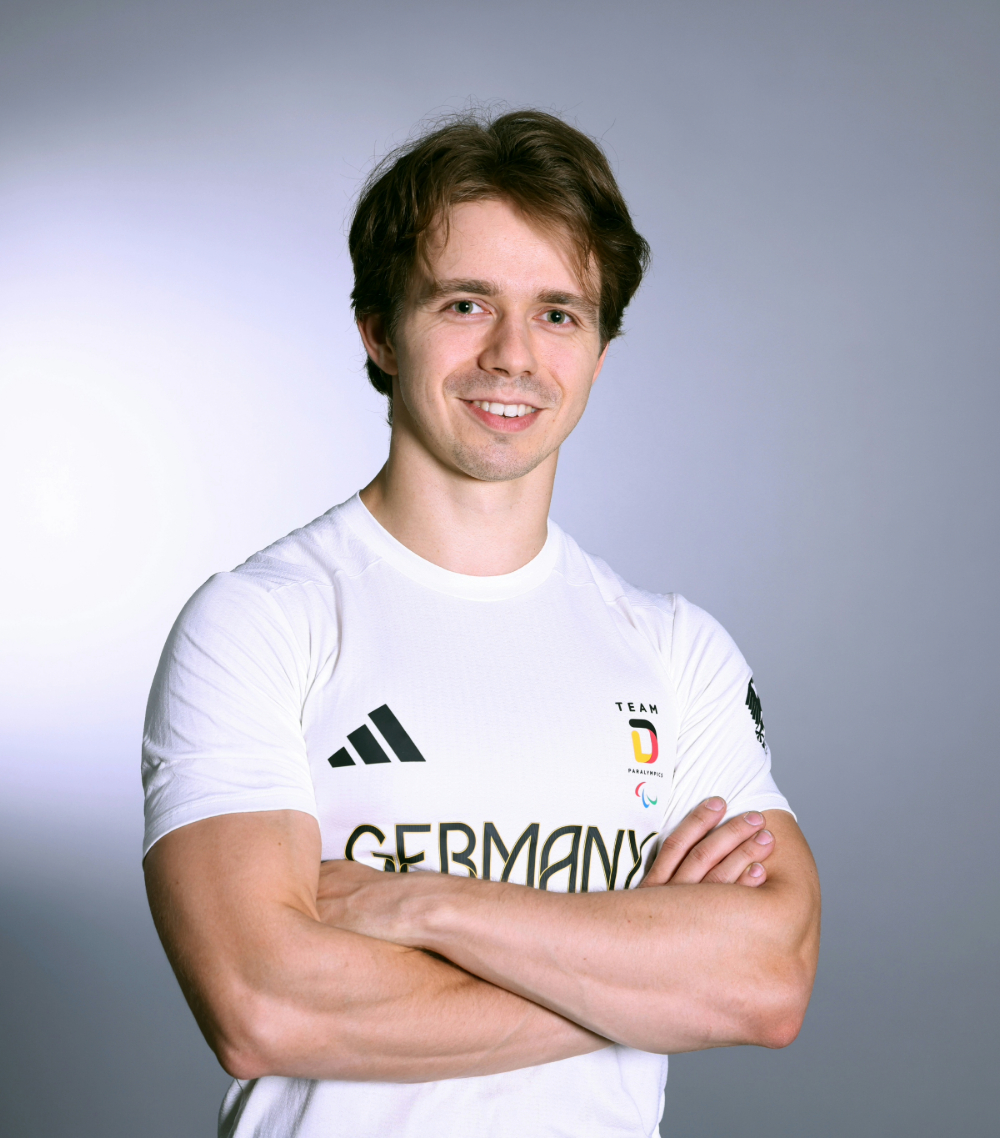Where did your rowing journey begin?
I picked up rowing in 2016 at Trinity Hall, when starting my BA in Computer Science. While I had been an active swimmer in my youth, I never had the aspirations to compete at a high level. Somehow, over the course of a few bumps’ seasons and trialling with the University Lightweights, I was offered the opportunity to race for the German Paralympic rowing team.
How do you balance rowing with your PhD at Cambridge University?
I am lucky enough to have a supervisor who is incredibly supportive of my athletic endeavours. As such, I can do a good part of my work and research remotely while on training camps. It also helps that my department is right across from the University Sports Centre so I can pop in for a session during the day. The structured training I received in Cambridge, through the Trinity Hall Boat Club and Cambridge University Boat Club, has put me in the right environment to go from Novice to my first international race over the course of less than three years. To me, this is an attribute to the professional sporting environment that is available at Cambridge.
Can you tell us a bit about your successes leading up to the Games and how it felt to know you were set to compete in the 2024 Paralympics?
It is quite fascinating that I am now starting in the doubles at the Paralympics, as this is the boat class in which I have also made my international debut. While I missed out on a bronze medal in 2018 by a mere fraction of a second, most of my medal successes, including two World and two European Championship medals since then, have been in the Mixed Four.
The moment in which we qualified the boat for Paris was one of the most memorable ones during my career. After having missed out on the Tokyo Paralympics completely, we were actually the first crew overall to qualify for Paris. As there were six spots directly available at the World Championships, we knew that we had done it as soon as we moved into the A-Final, which almost meant more than the bronze medal that followed.
After swapping back over to sculling this season, I have finally managed to leave the curse of the fourth place behind as well. We started strong with a silver medal at the European Championships in Szeged this year and have managed to progress from there. Overall, it’s an exciting place to be in, especially as the PR3 mixed double sculls category is a new boat class for the Paralympics.
How are you feeling going into the weekend?
I am mostly excited going into the races. We have put in the work, trained, and we know what we are capable of. At the end of the day, my goal is to get off the water knowing I’ve left everything out there. If that’s the case, the ranking doesn’t actually matter too much to me. The fact that there is so much to distract us in the Paralympic Village also helps me stay calm and relaxed. Unusually, the Paralympic regatta is much smaller than the World Championships or World Rowing Cups. Without all the Olympic boats, it’s almost empty on the water.
Who has inspired you in your journey to the Games?
I’ve never really been one to obsess too much about icons. Particularly around Cambridge, where it’s all too easy to get lost in the imposter syndrome, it’s incredibly important to find your own way.
While there aren’t many Paralympians, Cambridge has a fair number of Olympic athletes who have shown what is possible. Trinity Hall, too, boasts a roster of Olympic medalists, each of whom symbolizes not only sporting excellence but also academic achievement. For me, however, one who stands out in particular is Imogen Grant, who, like me, only learned to row at Cambridge and still managed to win gold at the Olympics.
